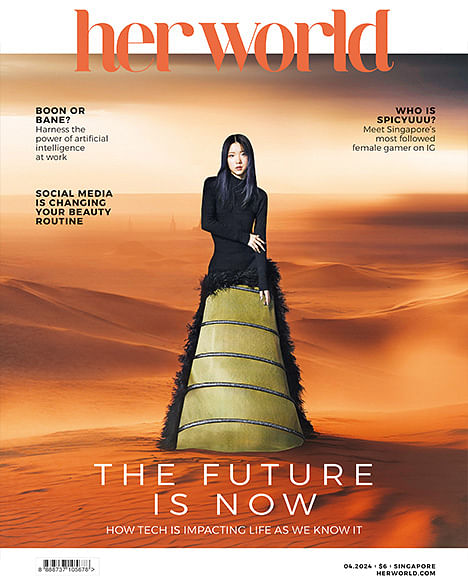When job-hunting these days, here’s the first thing you’ll need to get past the front door — which is now, more often than not: your prospective employer’s automated resume screening.
Automated screening of resumes by specialised software is increasingly common nowadays, says Mr Akshay Mendon, who leads the Singapore office of executive search firm EMA Partners.
The software generally scans resumes for keywords, skills and certifications that recruiters have specified, says Ms Linda Teo, country manager at recruitment firm ManpowerGroup Singapore.
Mr Jeffrey Ng, director of recruitment firm Michael Page Singapore, notes: “Integrated at the beginning of the hiring process, this system was designed to reduce manual screening time and to present more relevant and targeted resumes for the hiring manager.”
By automating the laborious task of screening resumes, recruiters can divert their time and energy to focus on deciding who is the best candidate among those who meet the prerequisites, Ms Teo says.
Mr Mendon notes that automated resume screening is most useful for entry-level jobs where application volumes are high; it saves a human recruiter huge amounts of time otherwise spent on scanning individual applications.
But he adds: “For senior or relatively niche jobs, we still see company recruiters sifting through the whole pile of applications directly as the talent pool is limited, and artificial intelligence screening patterns are not reliable for this level just yet.”
Mr Ng says automated resume screening is commonly used for technical roles that need specific skill sets or knowledge to perform: “These roles can be found in industries such as information technology, engineering, supply chain, with some also within corporate functions such as tax in finance, or compensation and benefits in human resources.
“Multinational corporations or financial institutions that are at the forefront of technology advancement, such as tech firms, financial services and professional services, tend to adopt this method of screening their applicants.”
The best way to ensure that your application is not screened out is to ensure that the wording on the resume closely matches the job description of each vacancy you apply for.
This is because the keywords that automated screening software has been instructed to scan for are often drawn from a pre-set list that likely hews closely to those used in the job description.
“Simple things such as how you describe your job scope, regional coverage, domain experience on your resume can mislead the screening tool,” says Mr Mendon.
He adds that his firm has seen many relevant applications screened out when candidates did not customise the wording for each vacancy for which they submitted a resume.
“The downside of such technologies is that candidates whose experiences are not at least a 60 to 70 per cent match tend to get screened out,” he notes.
Ms Teo adds: “However, simply including matching terms into the curriculum vitae would not be enough to outsmart the system, as some applicant tracking systems also look at other factors such as the number of times the keyword is repeated and the relevance of the keyword in context.”
Although there is seemingly less flexibility for candidates as the resume would need to contain the necessary keywords before being considered, automated screening may not be all bad for the candidate, notes Mr Ng, as it streamlines the hiring process.
With a faster turnaround time for applications, candidates can move on to a more suitable role quicker while companies can find the best candidate sooner.
Moreover, there might still be room for discretion, as Mr Ng notes: “If you have met the job requirements and feel that you may have been unfairly screened out, you may reach out directly to the hiring manager or talent acquisition staff in charge of the recruitment process and present your case.
“(But) bear in mind that this often results in a long and sometimes fruitless process, especially when there is an overwhelming number of applications.”
This article was originally published in The Straits Times





